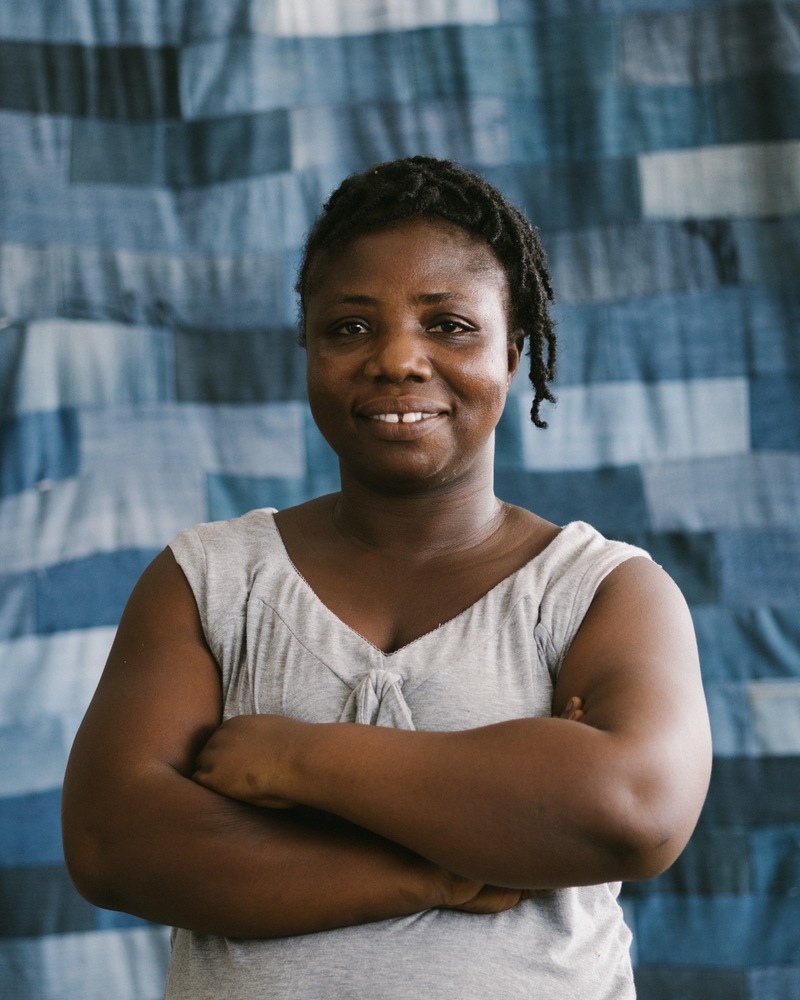The current EU Proposal for EPR does not Stop Waste Colonialism - Read Here Our Analysis and Targeted Amendments
The Or Foundation is the facilitator of the Stop Waste Colonialism Campaign, but the Kantamanto Community is the driving force. We are demanding that the Kantamanto community be given the respect they are owed and the resources they deserve. We call on policy makers to implement EPR programs for textiles and catalyze a Justice-led Transition from a Linear Textiles Economy to a Circular Textiles Economy, based on three key principles: internalized costs of waste management, global accountability, disclosure to drive circularity targets.
What is Waste Colonialism?
- Kantamanto sees 15 million garments every week. An estimated 40% of the average bale goes unsold and leaves Kantamanto as waste, causing a public health crisis, trapping retailers in debt and destroying the environment.
- Girls as young as nine years old perform backbreaking and sometimes fatal work of head-carrying 55kg bales throughout the market, laboring in modern day slavery.
- The Kantamanto community spends $325M USD on bales every year, $182M of which was paid to the Global North exporters in 2020.
- The secondhand clothing trade began under colonialism and while 1957 marks the Independence of Ghana, the colonial power dynamics remain with the Global North as the “sender” and the Global South as the “receiver” of secondhand garments.
- The secondhand clothing trade has challenged Ghana’s textile sector, which has declined from a high of 25,000 jobs in 1975 to 5,000 jobs in 2000.
Waste colonialism is when a group of people uses waste and pollution to dominate another group of people in their homeland. The term was first recorded in 1989 at the United Nations Environmental Programme Basel Convention when African nations expressed concern about the dumping of hazardous waste by high GDP countries into low GDP countries. Waste Colonialism is typically used to describe the domination of land for the use of disposal, also referred to as a “sink” and this is quite visible in the context of Accra’s Kantamanto Market, the largest secondhand market in the world.
What is EPR?

EPR stands for Extended Producer Responsibility.
Extended Producer Responsibility is an environmental policy and a form of product stewardship that extends a producer’s responsibility for a product to the post-consumer stage of a product’s life-cycle.
Today there are over 400 EPR programs globally, 35% of which are for electronics, 18% for tires, 17% for packaging, 12% for vehicles / auto batteries and 18% for other sectors such as paint (source: OECD).
What is the status of EPR for Textiles?
What could EPR Become?
We believe that EPR has significant potential to catalyze a Justice-led Transition from a Linear Textiles Economy to a Circular Textiles Economy. To do this we call on policy makers to implement EPR programs for textiles based on three key principles.

-
Internalized cost of Management
EPR Fees must align with eco-modulated waste management costs throughout the global reverse supply chain and must financially incentivize alternatives to linear waste practices. We call for eco-modulated fees starting at US $0.50 per newly produced garment as a floor rate for EPR programs. -
Global Accountability
EPR programs must align with the reality of how waste flows around the world, distributing funds to enable circular infrastructure in the Global South as well as the Global North and to account for the loss and damage already incurred by fashion’s excessive waste sent around the world to under-resourced and climate vulnerable communities. -
Disclosures to Drive Circular Targets
In order to achieve ecomodulated EPR Fees, programs must require companies to disclose production volumes along every eco- modulation tranche. We call for this information to be publicly available on a per company basis and for five year reduction targets for new clothing of at least 40% over five years, balanced with the increase of reuse and re-manufacture of existing materials.
Kantamanto Demands Change
Consisting of 30,000 people within the market ecosystem, Kantamanto works to successfully resell, repair and upcycle around 25 million garments per month making it the largest reuse and upcycling economy in the world.
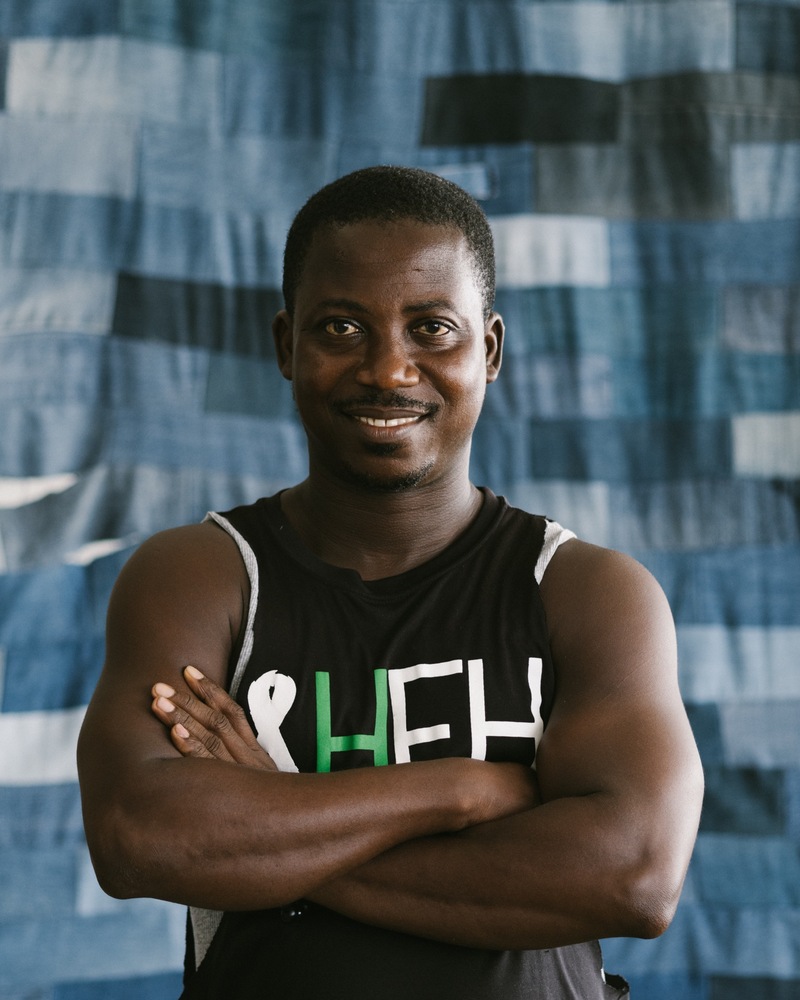
Kwaku Mensah
Kantamanto Tailor, France Delegation
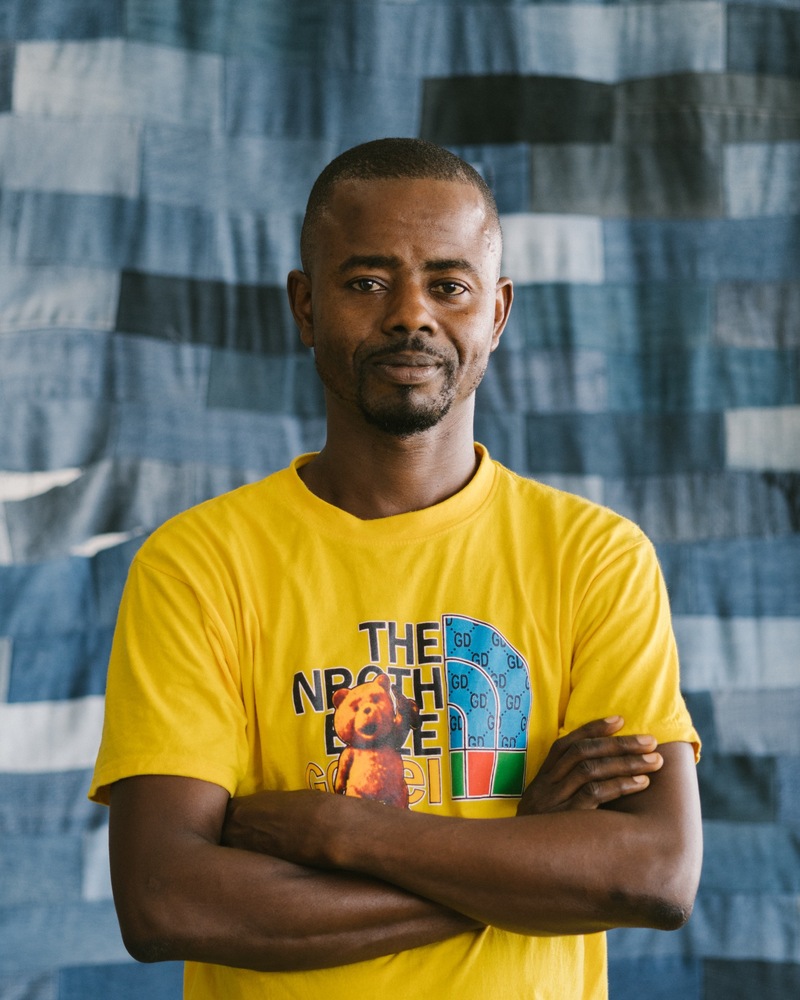
Paul Tenkorang
Kantamanto Retailer
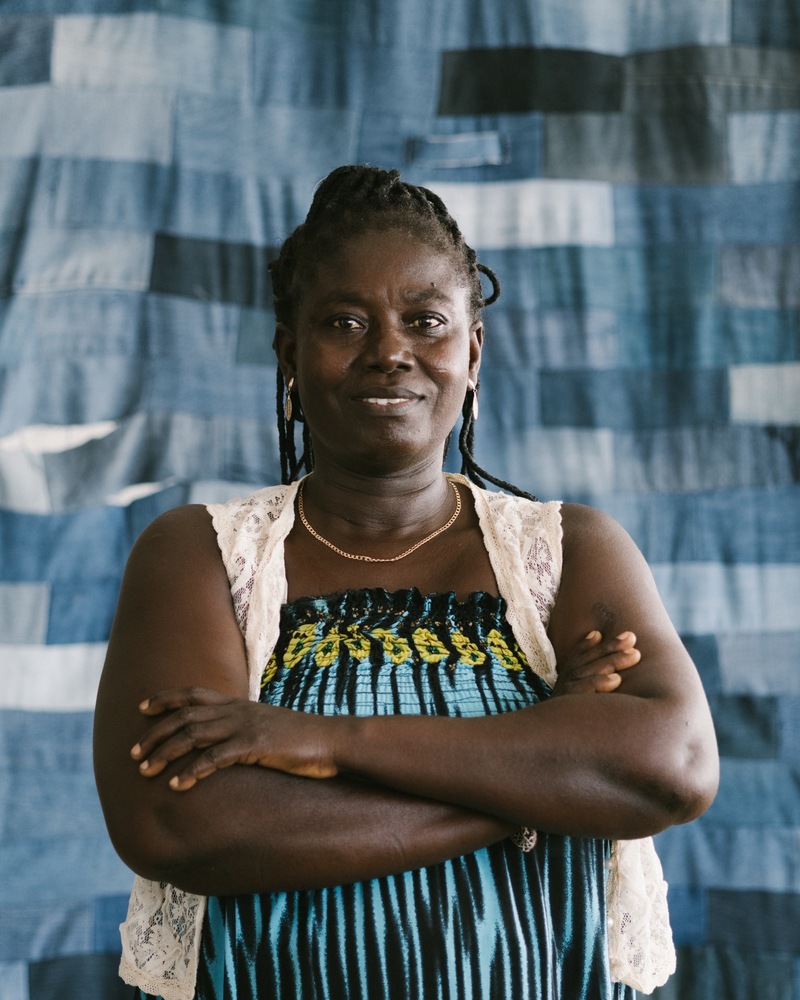
Alice Gyamina
Kantamanto Tailor
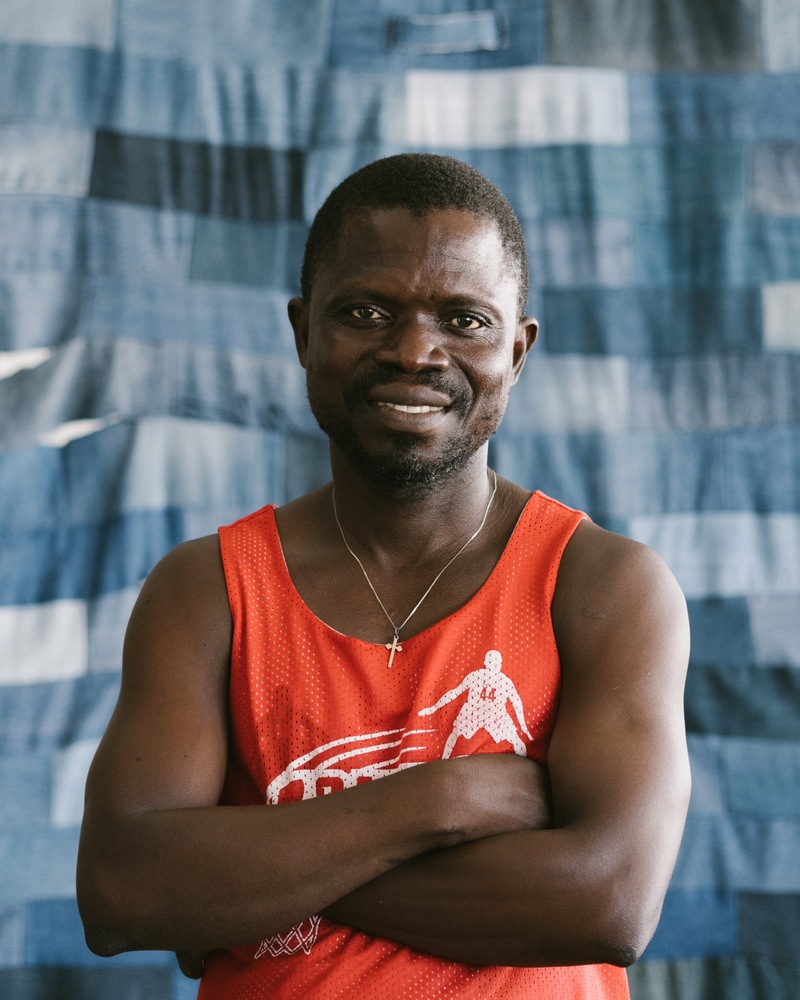
Sampson Mante
Kantamanto Retailer
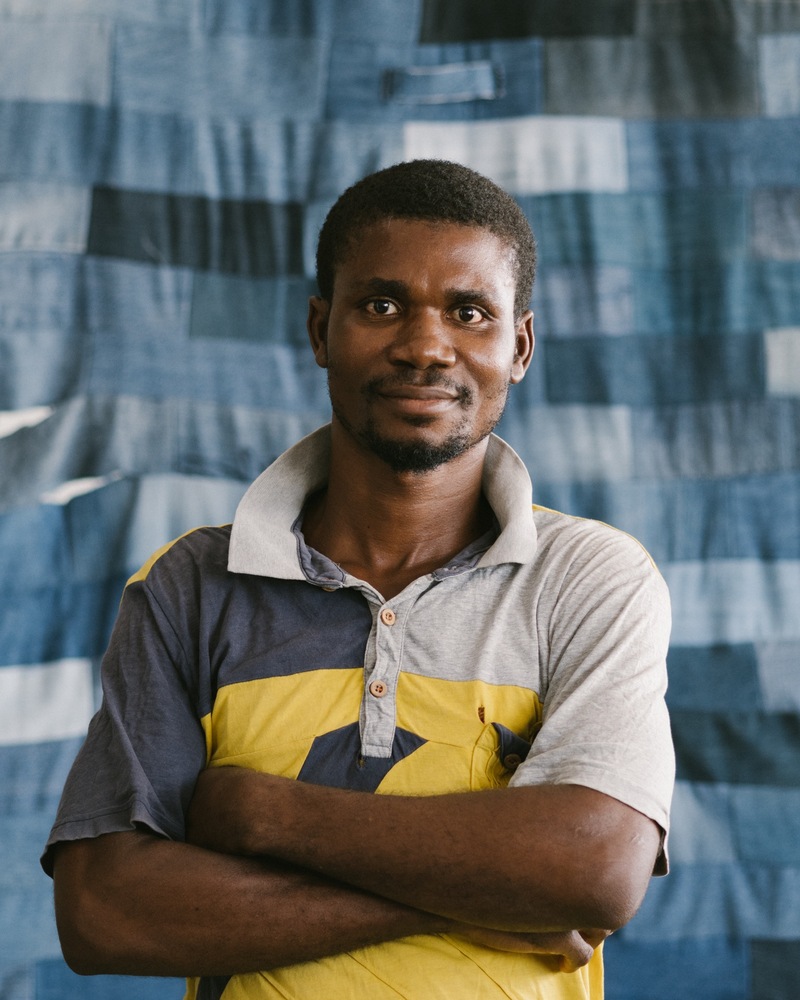
Dennis Dagbaeneva
Kantamanto Tailor
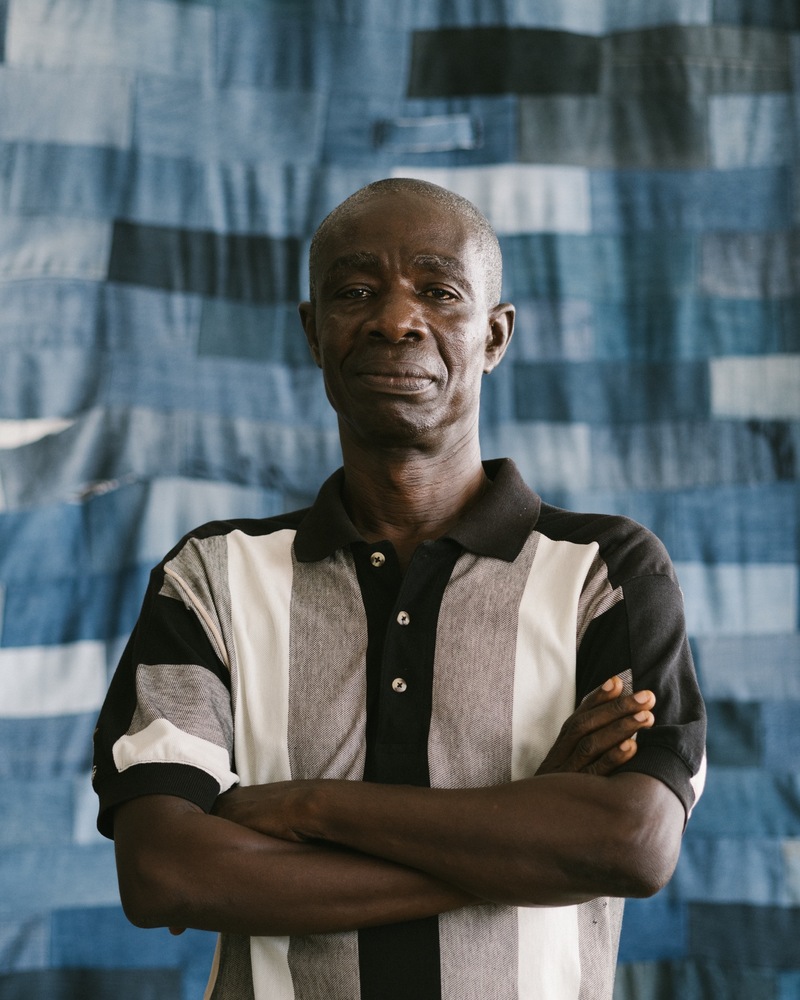
George Aboagye
Kantamanto Retailer
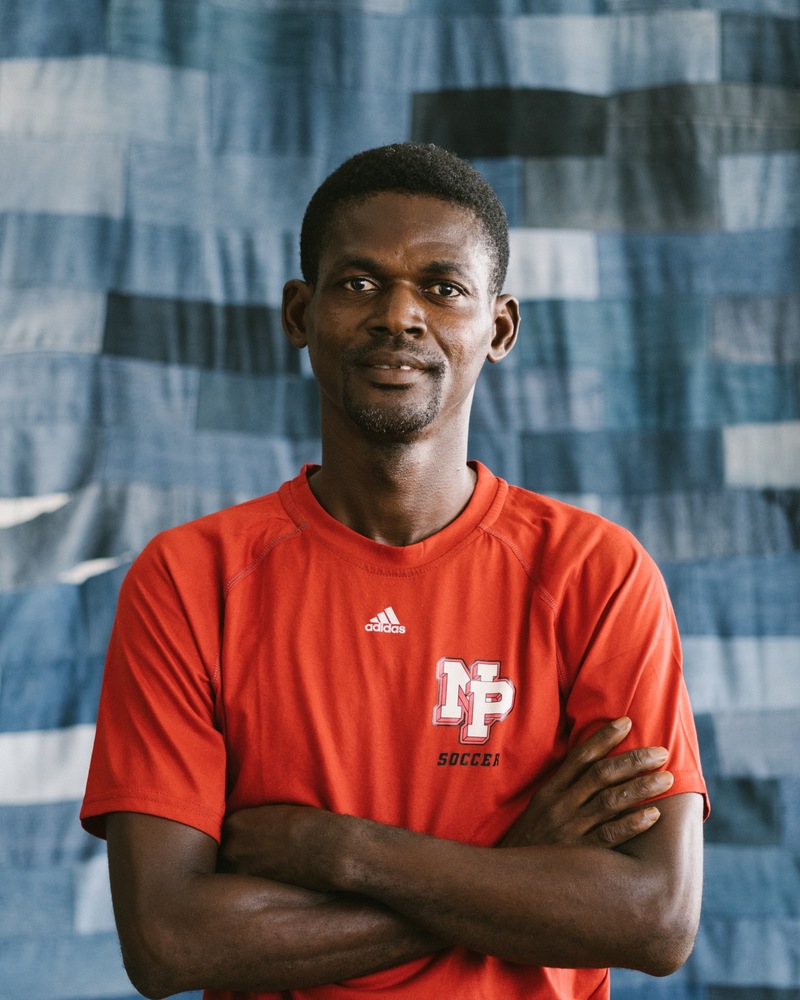
John Opoku Agyemang
Kantamanto Tailor
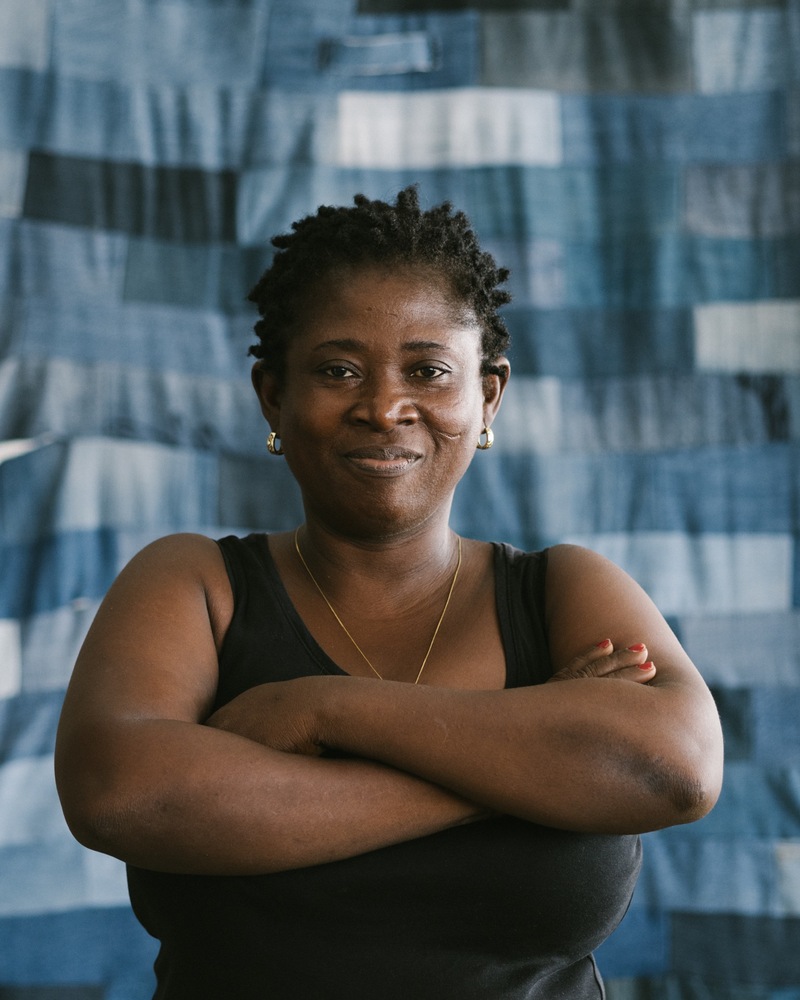
Juliet Nyarkoa
Kantamanto Retailer
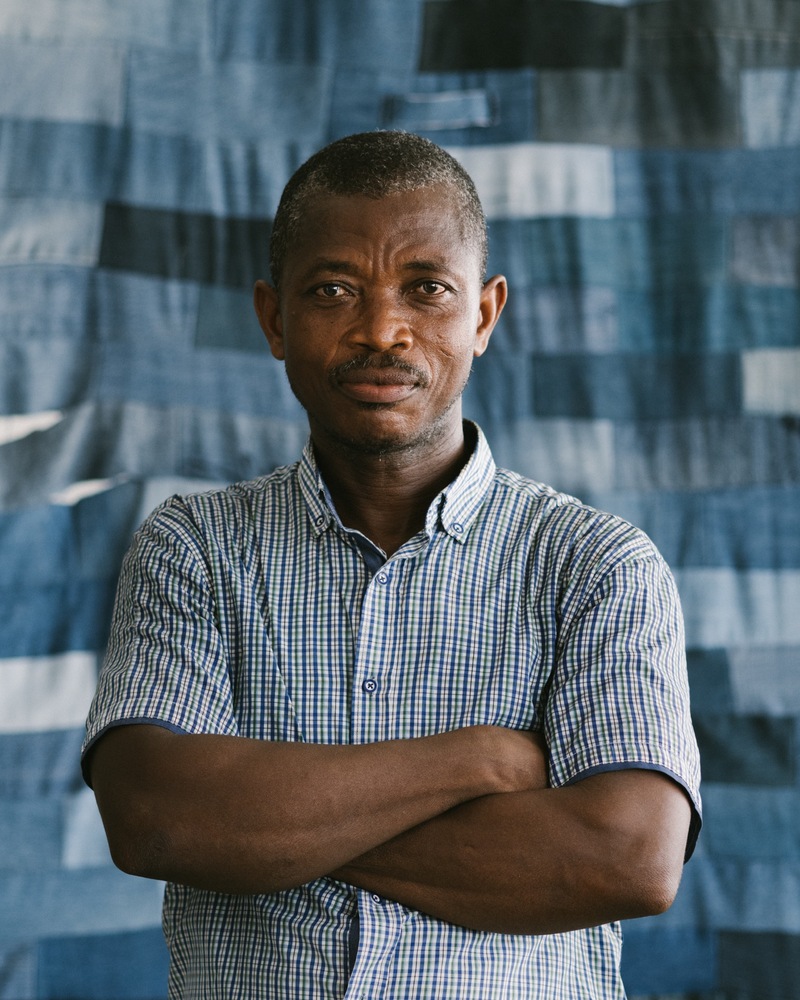
Kofi Boahen
Kantamanto Retailer
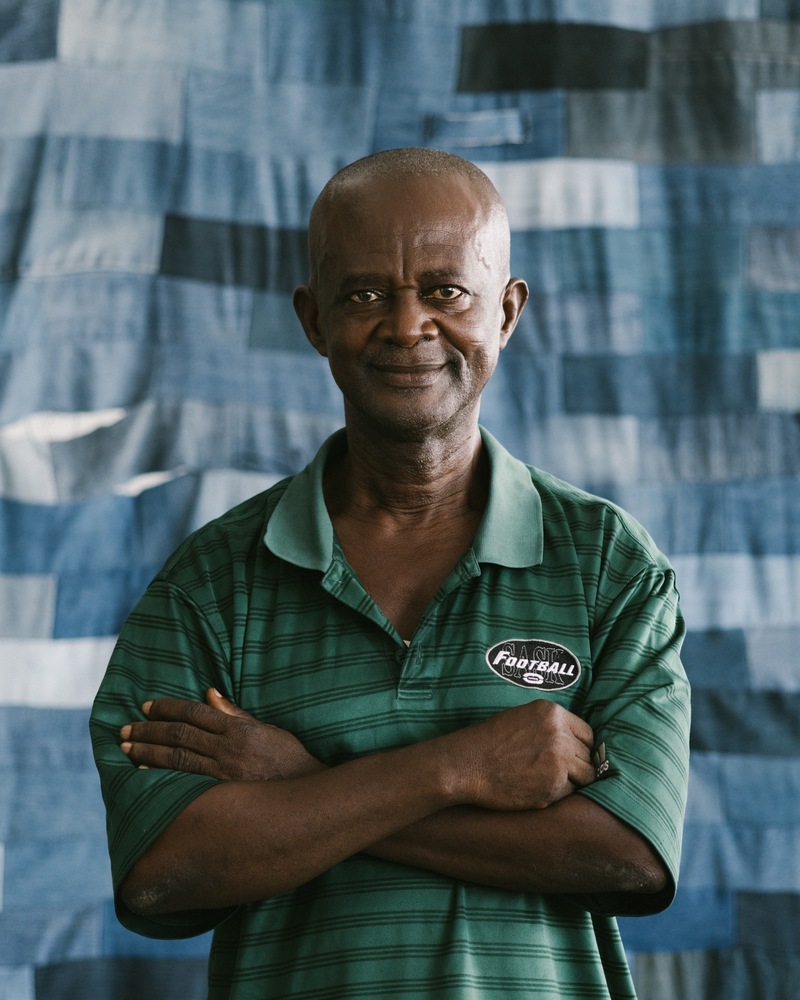
Kwabena Anim
Kantamanto Tailor
